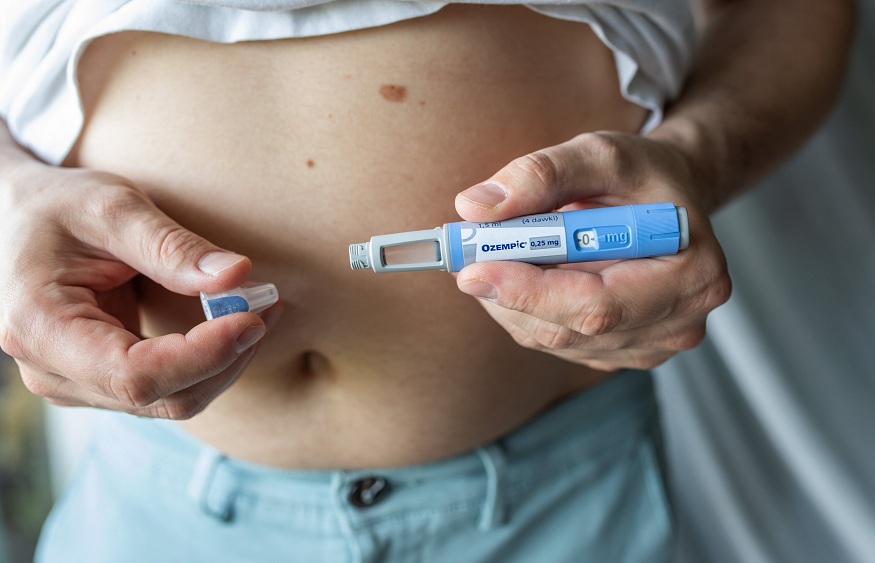A crucial hormone in the male body, testosterone supports muscle development, bone density, mood regulation, and overall energy, as per Tennessee Men’s Clinic. A balanced and intentional lifestyle can help sustain healthy testosterone production throughout adulthood. The right combination of nutrition, physical conditioning, and restorative habits creates a strong foundation for natural hormonal health without excessive reliance on medical interventions. The following strategies focus on strengthening the body’s internal capacity to maintain optimal testosterone levels.
1.Nutrition for Hormonal Health
Balanced Macro-nutrients
- A diet containing lean proteins, complex carbohydrates, and healthy fats provides the necessary building blocks for hormone synthesis, and the steady inclusion of high-quality protein sources such as eggs, poultry, fish, and legumes supports muscle regeneration and growth according to Tennessee Men’s Clinic.
- An intake of healthy fats from avocados, nuts, seeds, and olive oil contributes to testosterone and other hormone production.
Micronutrient Support
- A consistent intake of zinc-rich foods like pumpkin seeds, chickpeas, and shellfish helps activate enzymes involved in testosterone creation, and the regular inclusion of magnesium from leafy greens, almonds, and dark chocolate supports biochemical reactions linked to hormone regulation.
- An adequate level of vitamin D from sunlight exposure, fatty fish, or fortified foods assists in maintaining balanced testosterone levels.
Hydration and Meal Timings
- An adequate level of hydration keeps metabolic functions efficient, indirectly aiding hormone balance. Apart from hydration, a consistent eating schedule helps stabilize blood sugar, reducing unnecessary hormonal fluctuations.
- The avoidance of excessive processed foods helps preserve overall nutrient density.
2. Exercise and Physical Conditioning
Strength Training Benefits
- A focus on compound resistance exercises like squats, deadlifts, and bench presses stimulates anabolic hormone release.
- The use of short, intense training sessions often produces stronger hormonal responses than prolonged moderate workouts, and the application of progressive overload, which is increasing resistance or intensity over time, encourages continual hormonal resilience.
High-Intensity Interval Training (HIIT)
- A structured HIIT session alternates between bursts of intense effort and periods of recovery, enhancing cardiovascular health while boosting testosterone. The choice of sprinting, rowing, or cycling during the training can be adapted to suit different fitness levels and personal preferences.
- An emphasis on proper form and safety ensures both performance and hormonal benefits are maximized.
Active Recovery
- A practice of regular stretching or yoga maintains joint flexibility and blood circulation to hormone-producing tissues. The inclusion of gentle active recovery days supports muscle repair and reduces strain on the endocrine system.
- An approach that values mobility training helps sustain long-term physical capability and workout consistency.
3. Restorative Lifestyle Habits
Quality Sleep
- A nightly routine that prioritizes deep, uninterrupted sleep helps maintain the natural testosterone peak that occurs during rest, this can be aided by an environment that is dark, cool, and quiet.
- The maintenance of a consistent sleep schedule allows the body to synchronize its hormonal rhythms.
Stress Management
- An active approach to stress reduction using mindfulness or breathing exercises helps keep cortisol at supportive levels for stable testosterone health.
- The engagement in hobbies and creative outlets provides mental relaxation and emotional stability, and an occasional retreat into nature has been shown to improve mood and indirectly support hormonal stability, according to Tennessee Men’s Clinic.
A sustainable increase in testosterone levels is best achieved through an integrated lifestyle approach rather than isolated quick fixes. The commitment to nutrient-rich foods, structured exercise routines, and adequate recovery creates a supportive environment for hormonal health. An intentional focus on balance between exertion and rest allows the body to naturally stabilize testosterone production. The harmony of these combined factors not only sustains testosterone but also elevates physical performance, emotional stability, and long-term wellness. An understanding of these principles enables men to nurture their hormonal health in a way that supports overall quality of life for years to come.





